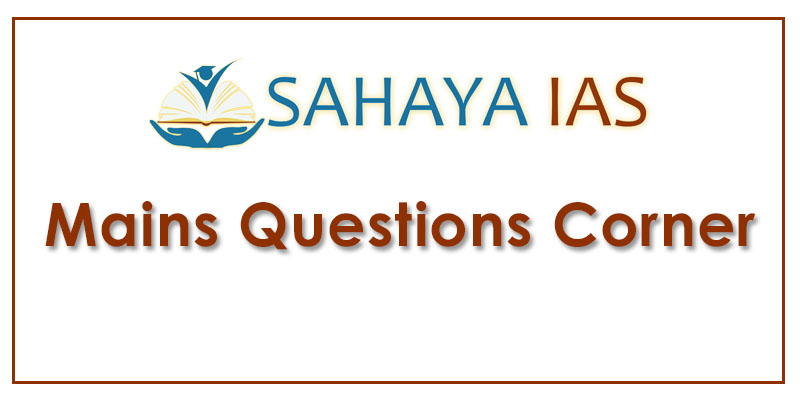The law on drugs needs some amendments
Highlights
- Punjab government recommended to the Union government the death penalty for first time offenders convicted for drug trafficking and smuggling.
- But the assumption that harsher measures can help deal with the State’s drug problem is flawed.
- Deterrence by harsh punishments has consistently failed, especially in the context of the Narcotic Drugs and Psychotropic Substances Act, 1985 (NDPS Act).
The NDPS Act of 1985
- The NDPS Act contains 5 Chapters, with each chapter dealing with a certain subject with respect to the statute.
- The first chapter serves as a Preliminary Narcotic Drugs and psychotropic Substances Act also commonly termed as the NDPS Act, made with the purpose to control drugs of abuse and prohibit its use, dissipation, distribution, manufacture, and trade of substance of abuse. Narcotic drugs are those which induce sleep while psychotropic substances have the ability to alter the mind of an individual. NDPS Act came into existence on 14 November 1985 by Parliament of India.
- These kinds of drugs have their importance in the practice of medicine. Thus, the act also has provisions for the cultivation of cannabis, poppy, or coca plants and manufacture of any psychotropic substances dealing with the medicinal practices.
- Main agenda of the act is to have a control on manufacture, possession, sale and transport of such narcotic and psychotropic substances.
- Violation of this law may result into punishment including rigorous imprisonment or fine or both.
- The degree of punishment is dependent upon the harshness of the case being dealt with. If the drugs are used for personal use then the punishment may be lesser.
Criticism & Amendments
- Over the years, this Act has been criticized as a hasty piece of legislation that had been introduced under pressure and pointed key flaws in its functioning.
- Since there is no clear definition of what is to be done with naturally found plants like cannabis, people have been able to get away legally for consuming bhang, because even that isn’t mentioned in the Act.
- Furthermore, the Act has been criticised for not giving the necessary leeway to the medical usage of these substances, a change that was finally made in 2014. The 2014 amendment created a list of ‘essential narcotic drugs’.
- Although since the establishment of the law, it has been amended time and again. But due to the availability of synthetic drugs and issues relating to street drugs and designer drugs, the problem in dealing with new drugs having the nature of substance of abuse is a difficult task.
- Besides NDPS also lacks in differentiating among users, drug peddler and hard core criminals in this drug trade.
While there definitely are some flaws that can be worked on, the statute has had an impact on modern Indian society and is very important to any debate regarding drugs.
Source: The Hindu



Comments (0)